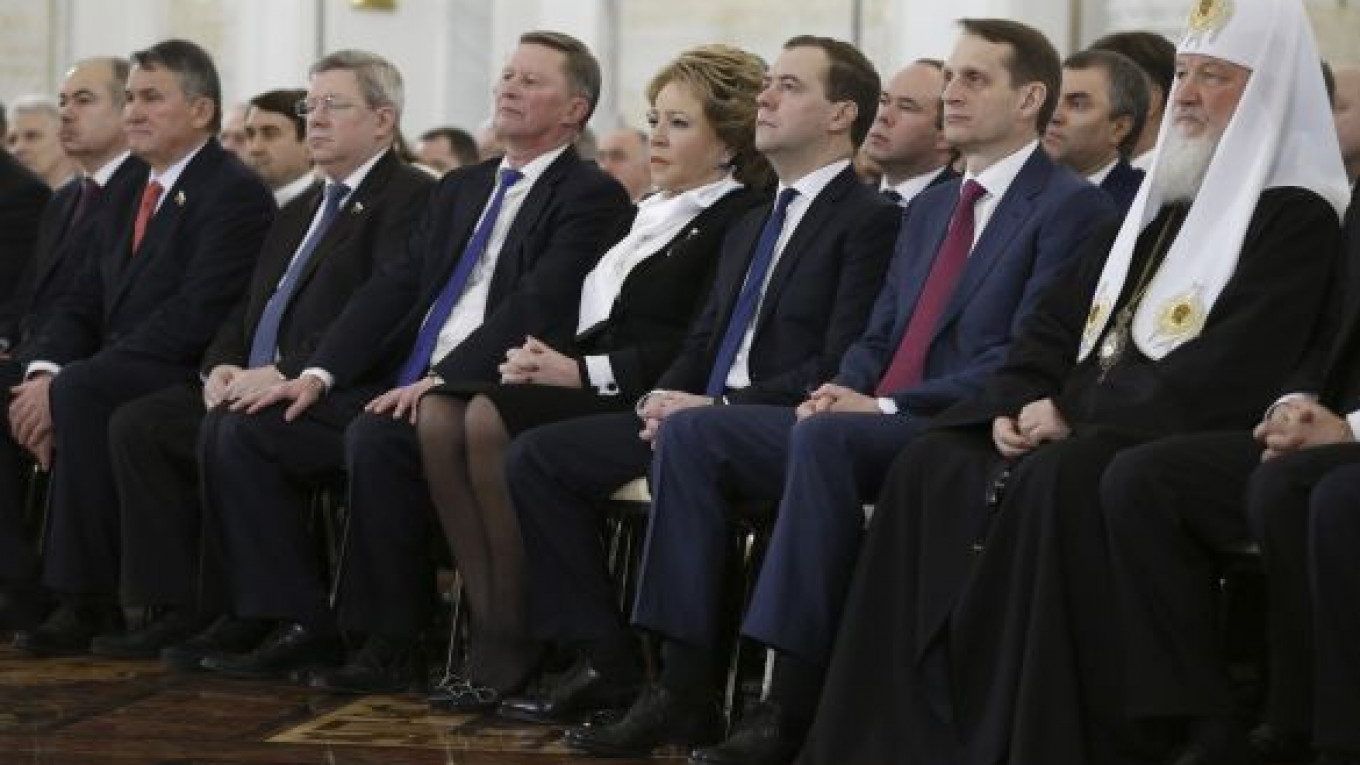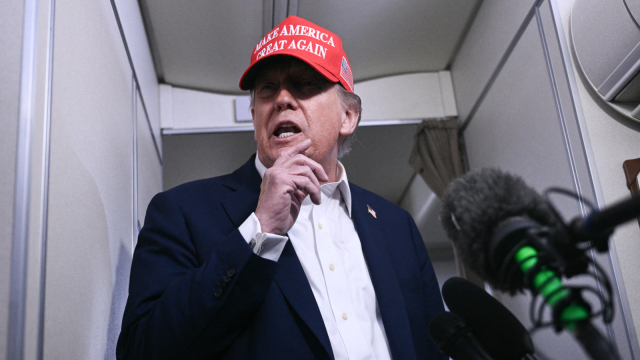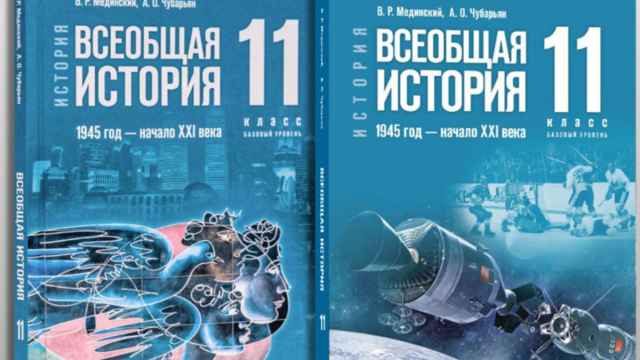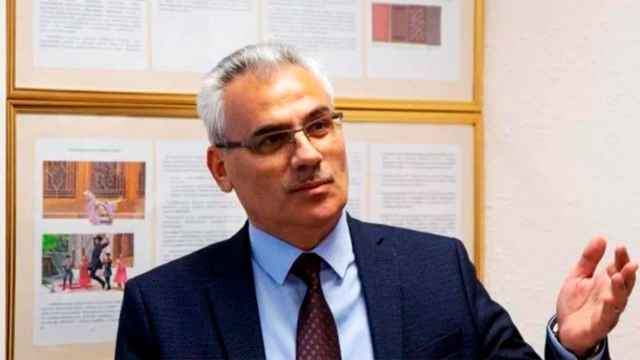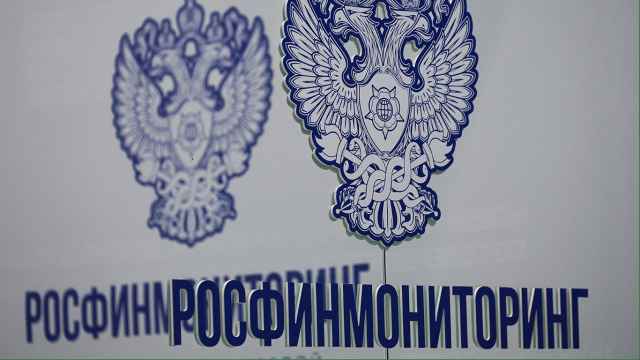More than 1,000 members of the Russian elite gathered in the golden halls of the Grand Kremlin Palace on Thursday to listen to the annual presidential address that sets the state's policy for the coming year.
This was an occasion for deputies of the State Duma, governors of the country's 83 regions, members of the Cabinet, senators, heads of state media, and oil companies to meet everybody who is anybody.
The distinguished guests shook hands, hugged and kissed cordially and congratulated each other on the 20th anniversary of the Constitution of Russia, as their reflections glimmered in the mirrors and glossy parquet floors of the opulent state rooms.
But the main thing that united them all was the fact that they were waiting for one man, President Vladimir Putin.
"These addresses used to take place in the hall where plenary sessions of the Party's Central Committee took place. Today, in the Kremlin palace, the atmosphere is different," said Alexei Mitrofanov, head of Duma's Information Policy Committee.
"During Yeltsin's times we did not discuss the content of the address, but his physical condition: whether he is sick, what does he look like," he said.
The way Putin addressed the audience can also be contrasted with Dmitry Medvedev's presidency. Many observers have pointed out that, although both leaders gave their State of the Nation speeches from the rectangular Georgievsky Hall, Putin always speaks from the shorter end of the room, forming his audience into a column as per his passion for the "power vertical," while Medvedev gave his speeches from the longer side of the hall, reflecting his effort to appeal to a broader audience.
"Putin's second coming as president is different: there is more emphasis on strengthening of the state, the West is being criticized much more," Mitrofanov told The Moscow Times.
During the speech, people guessed whether this year's address would be longer than the one delivered in 2012. The consensus was that the president likes progression, but Putin proved them wrong — at 70 minutes, this year's address was about 10 minutes shorter.
But Grigory Yavlinsky, one of founders of social liberal Yabloko party, did not see much of a difference from previous occasions. While staring at an assortment of patriotic souvenirs that were on sale in the cloakroom, he described the speech as "ordinary."
Ilya Ponomaryov, a State Duma deputy known for his participation in anti-Kremlin street protests in Moscow in 2011-12, also was not impressed. "I think last year's speech was better, this one is less stellar," he said.
But the majority of State Duma deputies, senators and governors said they left the politically glamorous venue inspired by the address.
"The address was powerful; the president has determined strategic goals not just for the upcoming year, but also for the long-term," Igor Sechin, CEO of Rosneft, told The Moscow Times.
"I would particularly mention the development of Siberia and the Far East. We have a lot of projects in these regions, which are very important for the development of the country," he added.
Contact the author at [email protected]
A Message from The Moscow Times:
Dear readers,
We are facing unprecedented challenges. Russia's Prosecutor General's Office has designated The Moscow Times as an "undesirable" organization, criminalizing our work and putting our staff at risk of prosecution. This follows our earlier unjust labeling as a "foreign agent."
These actions are direct attempts to silence independent journalism in Russia. The authorities claim our work "discredits the decisions of the Russian leadership." We see things differently: we strive to provide accurate, unbiased reporting on Russia.
We, the journalists of The Moscow Times, refuse to be silenced. But to continue our work, we need your help.
Your support, no matter how small, makes a world of difference. If you can, please support us monthly starting from just $2. It's quick to set up, and every contribution makes a significant impact.
By supporting The Moscow Times, you're defending open, independent journalism in the face of repression. Thank you for standing with us.
Remind me later.


